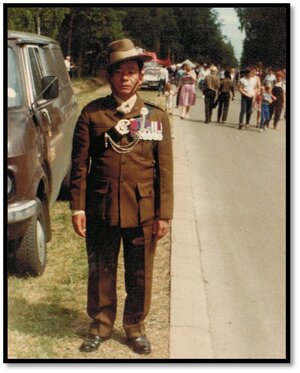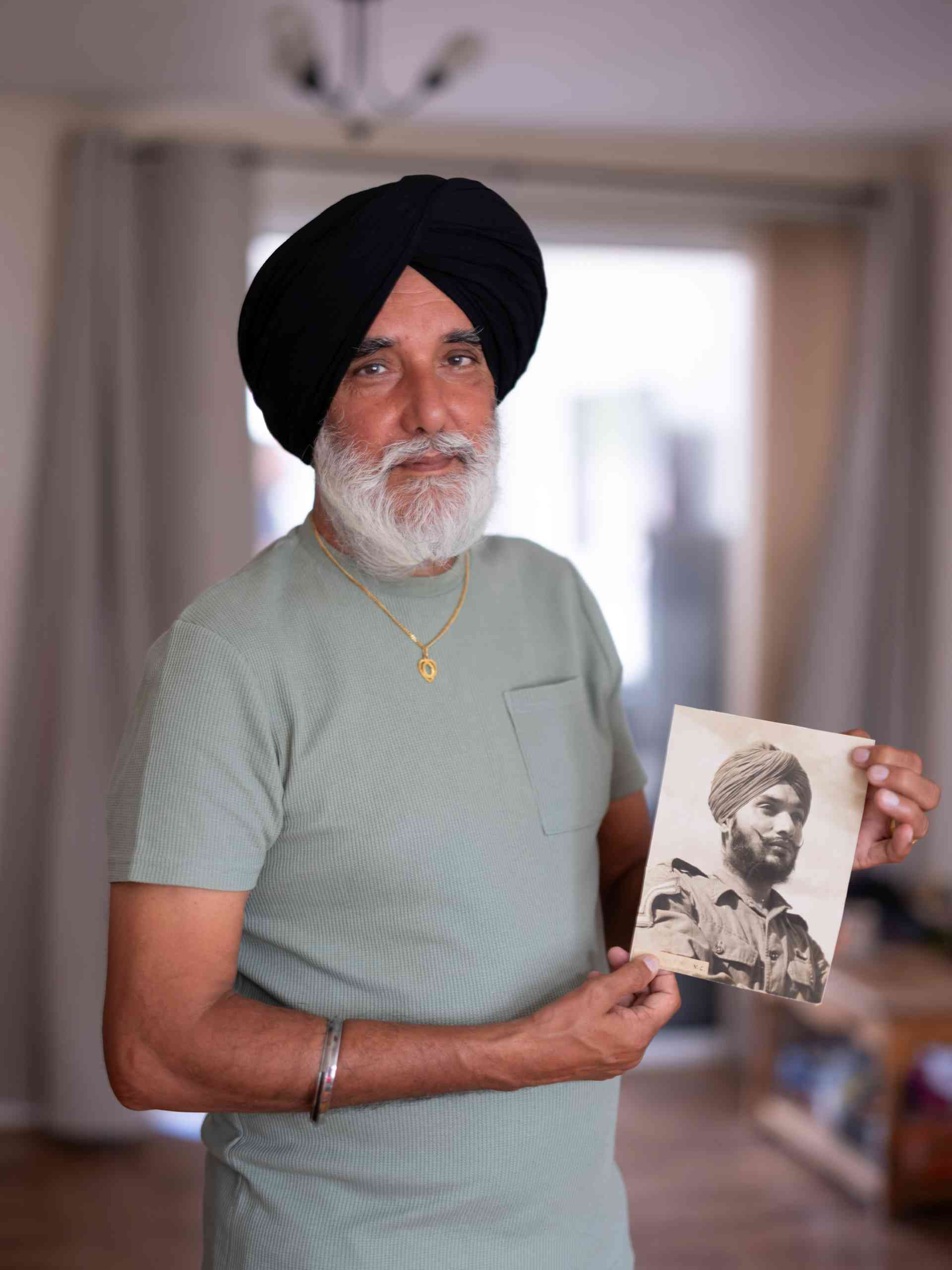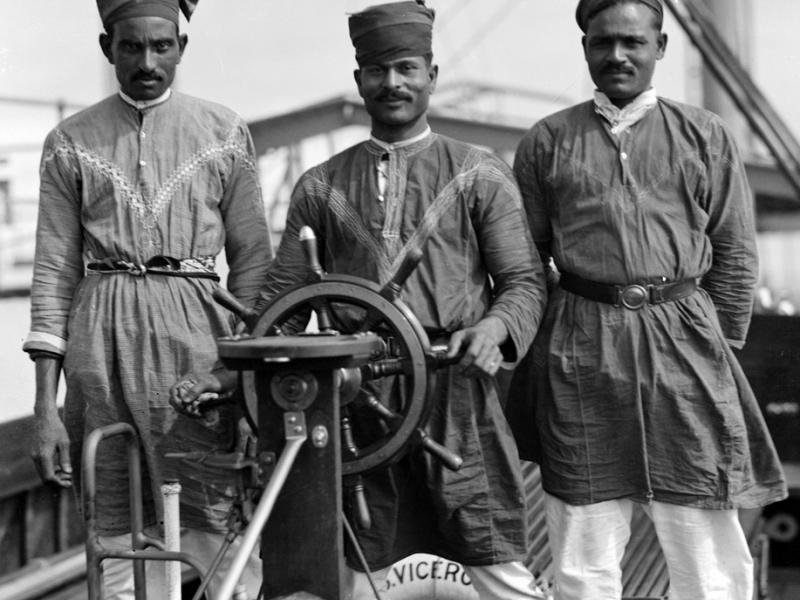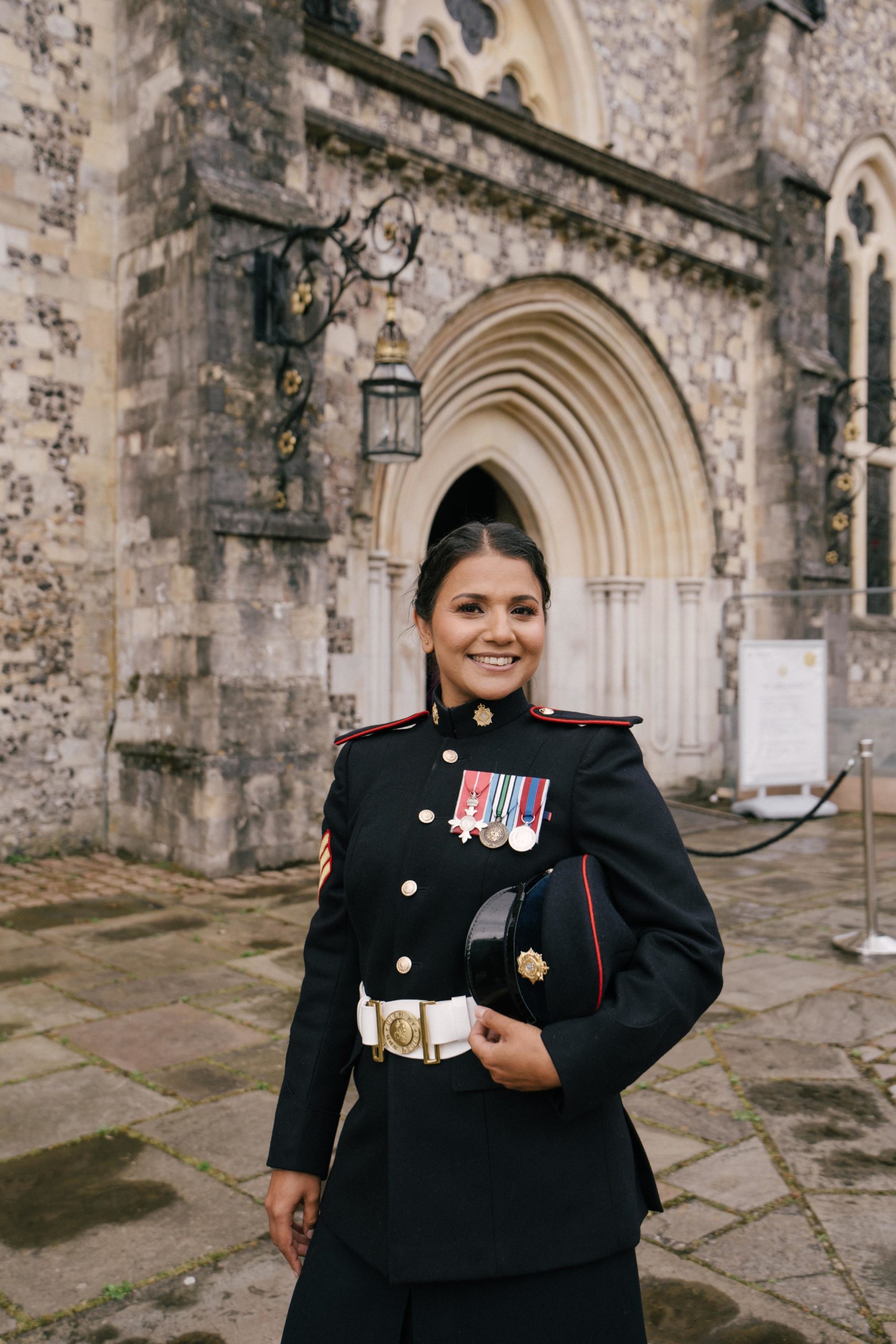Born on 17 May 1924, A.G. Rangaraj joined the Indian Army, marking the beginning of a remarkable military career. His early years in the army were characterised by rigorous training and an commitment to excellence.
During the Second World War, A.G. Rangaraj was a part of the 152nd (Indian) Parachute Battalion. His service during this global conflict laid the foundation for his future contributions to military strategy and operations.
One of Lieutenant Colonel Rangaraj’s most significant contributions came in the post-Second World War era when he became a key figure in establishing the Indian Parachute Regiment. Recognising the strategic importance of airborne troops, he underwent intensive training and emerged as one of India’s first qualified paratroopers. In 1945, he earned his parachute wings, becoming a symbol of the new era of Indian airborne capabilities.
After the Second World War, many Indian troops who had been part of the British Indian Army continued their military service under the flag of a newly independent India. Rangaraj was among these soldiers, carrying forward his commitment to serve his nation with distinction.
When hostilities erupted in Korea in 1950, the British Army once more called on the support of allied nations. The 27th ‘Commonwealth’ Infantry Brigade was one such unit to answer. Fighting under British command, the 27th consisted of British, Australian, Canadian, and New Zealand forces, ably supported by the elite 60th Indian Parachute Field Ambulance. This airborne medical unit was led by Lieutenant Colonel A.G. Rangaraj.
Already a legendary figure within the military as India’s first paratrooper, Rangaraj led his 300-man unit to treat around 20,000 wounds and conduct over 2,300 field surgeries in a three-year period. The medical support offered by the 60th saved many lives, earning it an outstanding reputation.
Ever resourceful, Rangaraj and his men enhanced their reputations in the ‘bucket brigade’ incident when North Korean and Chinese forces broke through allied lines. Unwilling to surrender their vital supplies but unable to transport them, Rangaraj took possession of an abandoned steam train, loaded their supplies, and formed a bucket chain down to a nearby river, allowing them to operate the steam engine and make their escape.
While the 60th Para Field Ambulance fought under an Indian flag during the Korean War, they did so alongside their old comrades in the British Army, solidifying a military bond of friendship which has lasted across the decades.
Lieutenant Colonel A.G. Rangaraj’s contributions were highlighted in an exhibition titled “India and the Korean War: A Medical Mission.” Held at the United Service Institution of India (USI) in New Delhi and inaugurated on 27 July 2018, this exhibition coincided with the 65th anniversary of the Korean War Armistice.
For his exemplary leadership across a three-year deployment in Korea, Lieutenant Colonel Rangaraj was awarded the coveted Maha Vir Chakra, the second-highest military decoration in India. He passed away in 2009 at the age of 93.
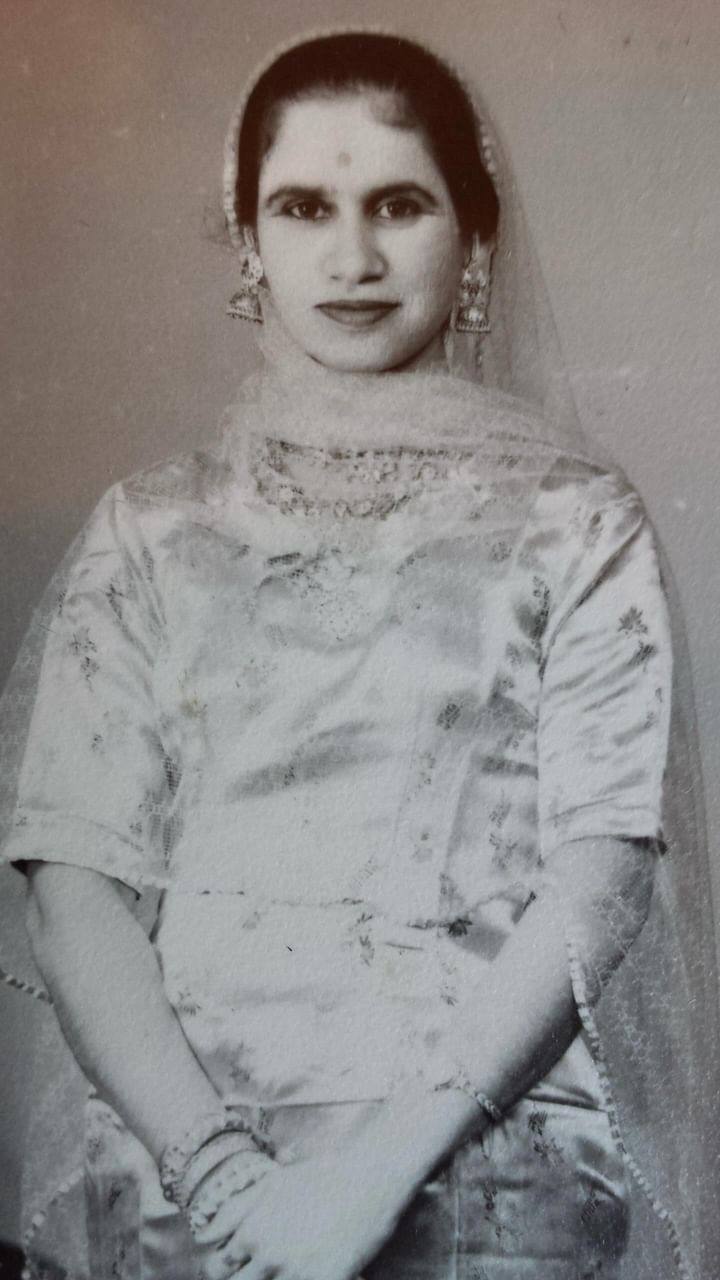
 South Asian Heritage Month dates changed to "July" from 2026 — Learn more here →
South Asian Heritage Month dates changed to "July" from 2026 — Learn more here →

